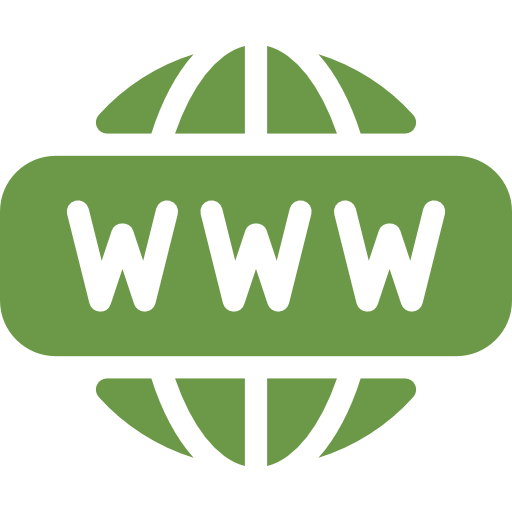Attending Schools
Alternate Pathways to High School Completion
What are some pathways to graduation if a student does not finish high school?
The Adult Education Division of Nova Scotia's Department of Labour & Advanced Education is dedicated to improving the education and employment opportunities of Nova Scotia's adults by promoting, developing and funding adult literacy, essential skills and upgrading programs in the province.
The division looks after the following initiatives in support of adults pursuing their learning, employment and personal and professional development goals:
- Nova Scotia School for Adult Learning (NSSAL)
- General Education Development (GED)
- Recognition of Prior Learning (RPL)
Nova Scotia School of Adult Learning (NSSAL)
NSSAL was formed in 2001 to coordinate adult learning programs across the province, ranging from basic literacy to high school completion. Through NSSAL more than 140 program activity options are offered across the province each year in both English and French. NSSAL programs are tuition-free for adults who are 19 years or older, have been out of school for one year or more and do not have a High School diploma recognized by the Nova Scotia Department of Education and Early Childhood Development.
The Adult Learning Program (ALP) or (FGA) formation générale des adultes in French is an outcomes-based suite of courses ranging from basic literacy to high school completion. ALP/FGA learners may also prepare to challenge for the GED to obtain a high school equivalency certificate called the GED (see below). Other tuition-free pathways to high school completion available through NSSAL include Adult High School and correspondence studies, both of which follow the Public School Program curriculum.
NSSAL eligible learners may enter and exit the educational continuum at different times and at different levels. Activities may serve as a bridge to the work force, to improved self-sufficiency and personal development, to community engagement, to further education and training and to high school completion or equivalency. (See Source 1)
General Education Development (GED)
GED is an internationally recognized high school equivalency testing program. It is a series of five tests for individuals who do not have a high school diploma. The tests are in Math, English Language Arts Reading, English Language Arts Writing, Science and Social Studies. Visit here for more information on GED. (Read More 1)
Recognition of Prior Learning (RPL)
RPL program assists organizations to develop tools, programs and services that facilitate the assessment and recognition of what learners/workers already know and can do to support entry and advancement in educational pursuits and/or the Nova Scotia labour force. RPL takes a variety of forms depending on the reasons and methods for recognizing learning. For example, as shown in the chart provided here, RPL may include: (Read More 2)
- academic and professional credit assessment
- transfer of credit from one education/training institution to another
- evaluation and recognition of non-formal, informal and/or experiential learning
Visit here for more information on RPL in Nova Scotia. (Read More 3)


